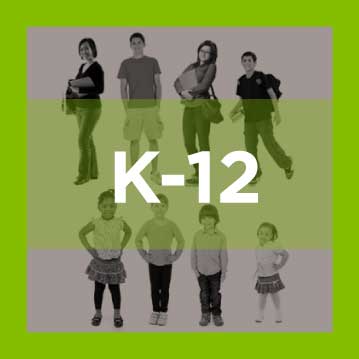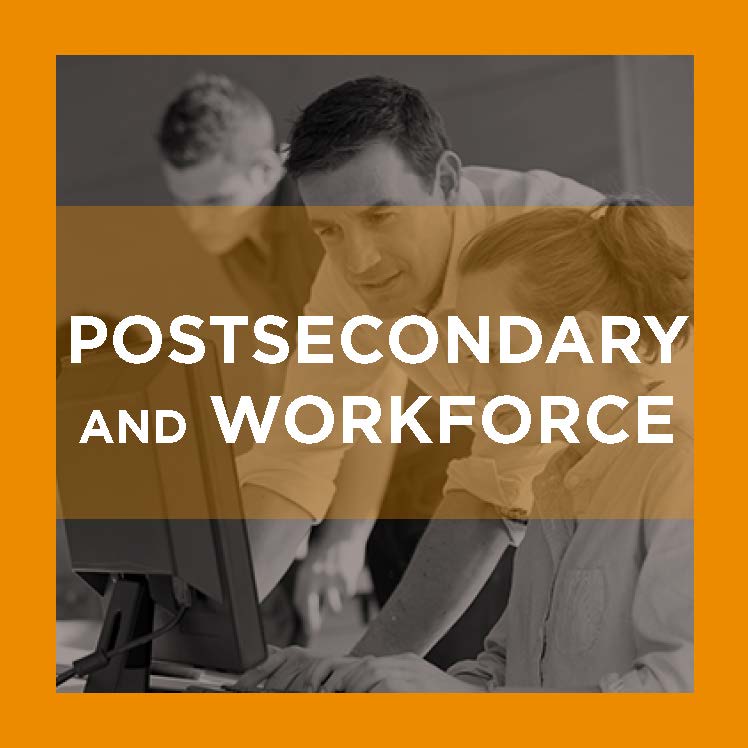With National School Choice Week this week and the confirmation process of Betsy DeVos, there has been a renewed focus on school voucher programs. While it remains to be seen if the new administration pursues voucher policies at the federal level, many states have already began discussing policies.
Many know what school vouchers and related education savings accounts are, and there is a large of body of research around the effects of these programs. However, there has been less dialogue on the key contextual factors. State policymakers can benefit from thinking about starting voucher programs and considering these three questions before approaching a voucher program.
What Choice Programs Are Already Available?
According to our database, 43 states and the District of Columbia, have charter school laws. Some states and large school districts also have “controlled choice” policies that allow districts to make student assignments using parent preferences as a key factor. Likewise, it is useful to understand whether or how open-enrollment policies work in your state.
However, having expansive choice options does not preclude a state from having a voucher program. Because the goal of choice is to provide parents and students with the option of attending the best available school, policymakers may want to discern whether students already have sufficient school choice options before pursuing a new program. After exploring existing policies, policymakers may see a need for a voucher program, or they may find that modifying existing open-enrollment or eligibility policies would be more effective.
Is Your State’s Geography Capable of Supporting a Voucher Program?
The underlying assumption in voucher programs is that parents and students have a private school option nearby. However, the majority of voucher programs serve students in urban areas that can support a larger menu of education options. States with large rural populations may not have a school market that allows families to opt-out of public schools and pursue private school options.
To be clear, just because a state’s geography may limit a state’s ability to implement a viable voucher system, it does not mean that a state cannot provide choice options to families. However, in sparsely populated areas without multiple schools to choose from, the need may not be met by the solution.
Do State School Funding Policies Accommodate Voucher Programs?
Vouchers typically provide families with a portion of their child’s state per-pupil funding to use toward private education. However, school funding typically comes from both the state and from local governments. The amount of money a state contributes to a student’s per-pupil amount versus the amount coming from local government varies quite a bit from state to state.
States that contribute less to the per-pupil amount and rely more on local contributions may have difficulties finding voucher program participants from lower income households. Research shows that a key factor in program participation is whether voucher amounts will cover private school tuition. Families that do not have enough money to pay tuition costs beyond what the voucher amount covers are significantly less likely to participate, thus excluding some of the key students who need support via vouchers programs.
Other Considerations
There are other important considerations that policymakers should think about before creating and implementing a voucher program. Chief among them is the role of state education agencies (SEAs) in administering the program. As many SEAs are finalizing their draft plans under ESSA, questions of capacity have come to the forefront. In order to sustain a successful voucher program, an SEA will need to be well-equipped and well-staffed to handle the demands.
Finally, it is important to remember that accountability matters. As Mike Petrilli, one of our guest bloggers this week remarked, existing programs tend to be held to similar accountability standards as public schools. Keeping schools accountable is important for ensuring public funds are well-spent as well as understanding how choice programs impact student achievement. On the whole, vouchers haven’t harmed student outcomes, however, there is one noteworthy exception that shows policymakers why it is important to effectively track choice programs.







